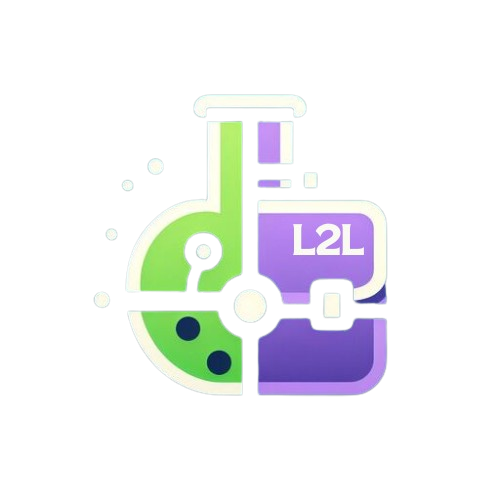Pediatrics
An overview of Pediatric Oncology
Written by Maroun Tarabey
September 22nd, 2024
Why do child cancer patients need their own doctors?
While reading The Emperor of All Maladies, I read up on the story of a young Maria Speyer, a child in the 19th century plagued by acute lymphoblastic leukemia. The author’s recount of the story ends with a line describing the harrowing realities:
From its first symptom to diagnosis to death, her galloping, relentless illness had lasted no more than three days¹.
Reading stories like these remind me of how deadly cancer is, and more importantly, that no age group is spared even children are affected. In Canada, there are approximately 1,000 new cases of the 12 main types of childhood cancer each year. And yet, due to pediatric oncology, 84% of children ( patients under 14 years old ) diagnosed with cancer survive 5 years post-diagnosis². Thus, it’s easy to see how important this field of medicine is. This niche field bridges the worlds of complex tumour biology and childhood physiology. With that, let’s delve into the intricate world of pediatric oncology starting with a few common questions.
What is a Pediatric Oncologist?
Typically found in children’s hospitals, community hospitals, and university medical departments, a pediatric oncologist is a physician who treats children and young adults after a referral from a primary care physician due to suspected cancer. Their responsibilities include:
- 📝 Taking medical history and documenting symptoms.
- 🧪 Performing diagnostic tests such as urinalysis, biopsies, imaging ( X-rays, MRIs, CT scans ), and various blood tests.
- 🎯 Making a proper diagnosis and developing treatment plans.
What Does a Typical Career Path Look Like?
🎓 The path to becoming a pediatric oncologist can look something like this:
- Undergraduate bachelor’s degree
- Medical school
- 4 years of pediatrics residency
- Specialization
Three years in post-residency fellowship in pediatric oncology includes laboratory and clinical work. See our article, The Essentials of Pediatrics for more details
What’s the Difference Between an Oncologist and a Pediatric Oncologist?
When planning this article, my biggest questions were:
- Why do we need pediatric oncologists?
- Aren’t cancers the same, no matter the host?
The short answer: the difference lies in their approach. Children are young, and growth-inhibiting treatments like chemotherapy will inevitably cause lifelong effects. For example, radiotherapy for medulloblastoma has been shown to cause eventual cognitive decline through dementia³. Thus, pediatric oncologists are specialized in evaluating these cases to maximize survival while reducing long-term side effects. But that’s only half the picture. Since children cannot fully understand their circumstances often becoming impatient, panicked, or uncooperative physicians must also meet psychological and emotional needs. A good pediatric oncologist not only treats the disease, but comforts, entertains, and reassures the child to make them feel safe.
Conclusion
To summarize, this profession isn’t to be taken lightly. As such, I’ll end with the advice of pediatric oncologist Dr. Christopher T. Denny (UCLA David Geffen School of Medicine), who highlights three essential characteristics for any pediatric oncologist:
- 🧘♂️Concentration
- 🧠 Focus
- 🌟 Emotional resilience⁴
After all: Good doctors treat disease, but the best doctors treat the person.
Footnotes
- Mukherjee, Siddhartha (2011). The Emperor of All Maladies (1st ed.). Scribner - Simon & Schuster, Inc. p.20.
- Public Health Agency of Canada (2022) Childhood Cancer Counts in Canada.
- Compare and contrast: pediatric cancer versus adult malignancies Kattner, P., Strobel, H., Khoshnevis (2019) Cancer and Metastasis Reviews
- What Is a Pediatric Oncologist? Bell, Ashley (2023) UCLA
References
- Canadian Medical Association (2019) Pediatrics Profile.
- Children’s Hospital of Eastern Ontario (2024) Oncology Patient and Family Advisory Council.
- McMaster University (2024) Hematology/Oncology Fellowship Program.
- National Cancer Institute (2024) Childhood Cancers.
- Russell, H. (2024) Child Health Needs and the Pediatric Hematology-Oncology
- Savelli, Stephanie What is a Pediatric Hematologist/Oncologist?
